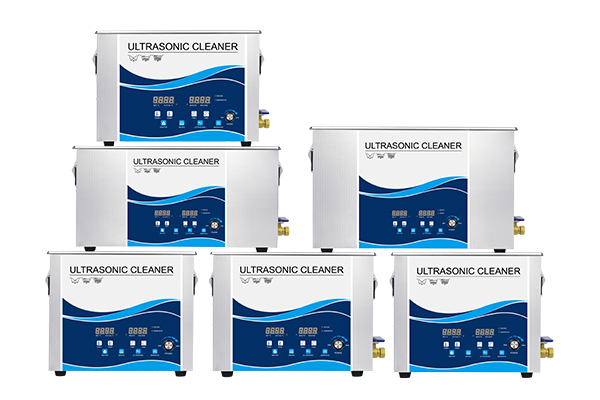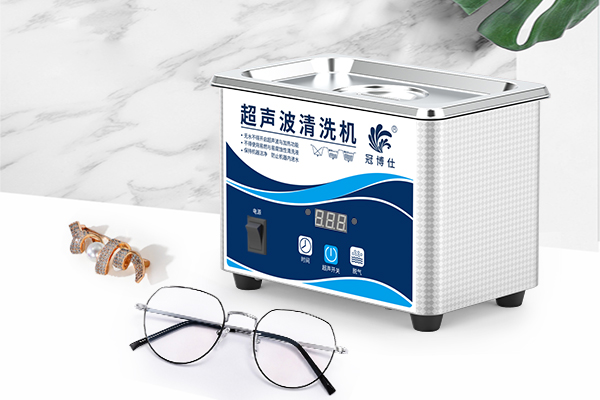In industrial environments, especially in the chemical industry, maintaining equipment cleanliness is critical for operational safety, process efficiency, and product purity. A chemical equipment ultrasonic cleaning machine is a specialized cleaning system designed to remove contaminants such as chemical residues, polymers, scale, corrosion, or particulates from various types of chemical processing equipment. It uses ultrasonic waves to perform deep, non-damaging cleaning that conventional methods often cannot achieve.
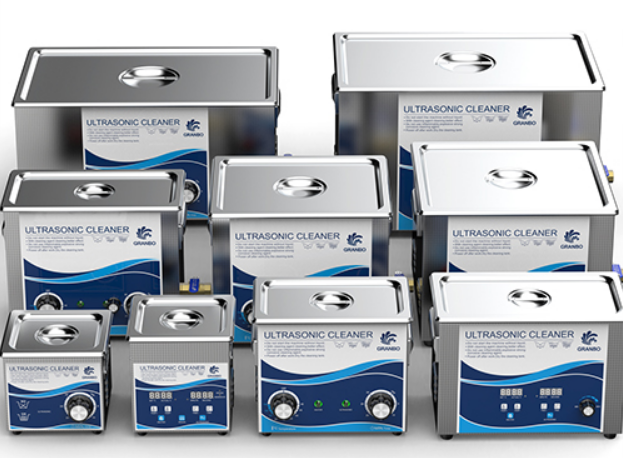
1. Definition of a Chemical Equipment Ultrasonic Cleaning Machine
A chemical equipment ultrasonic cleaning machine is a device that uses high-frequency sound waves (typically 20 kHz to 200 kHz) in a liquid medium to clean chemical processing components. These sound waves generate microscopic bubbles through a process called cavitation. When these bubbles collapse, they release powerful energy that loosens and removes contaminants from the surfaces of immersed equipment parts. Unlike manual scrubbing, chemical soaking, or pressure washing, ultrasonic cleaning reaches every surface — including tiny holes, threads, and complex internal passages — without damaging the equipment.
2. Main Components of the Machine
A typical ultrasonic cleaning system for chemical equipment includes:
- Ultrasonic Generator: Converts electrical energy into high-frequency signals.
- Transducers: Attached to or immersed in the tank; they convert electrical signals into ultrasonic vibrations.
- Cleaning Tank: Holds the chemical components and cleaning solution.
- Cleaning Solution: May include water, solvents, or specialized detergents depending on the contaminants.
- Control Panel: Allows users to set time, temperature, and frequency for precise cleaning operations.
Some advanced models also feature degassing, sweep frequency, pulse mode, and programmable cleaning cycles, providing better control over cleaning intensity and uniformity.
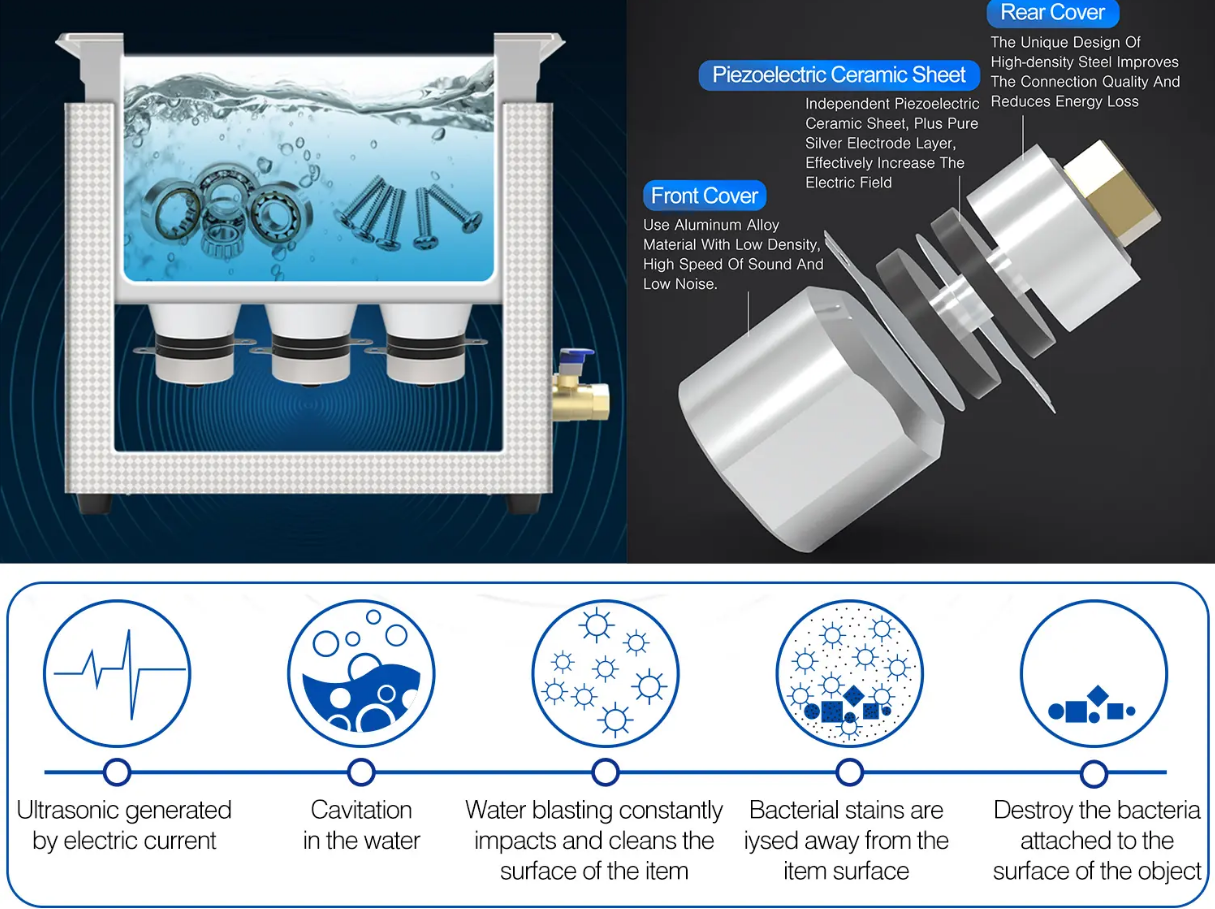
3. What Kind of Equipment Does It Clean?
Ultrasonic cleaning machines are used to clean a wide variety of chemical processing equipment, including:
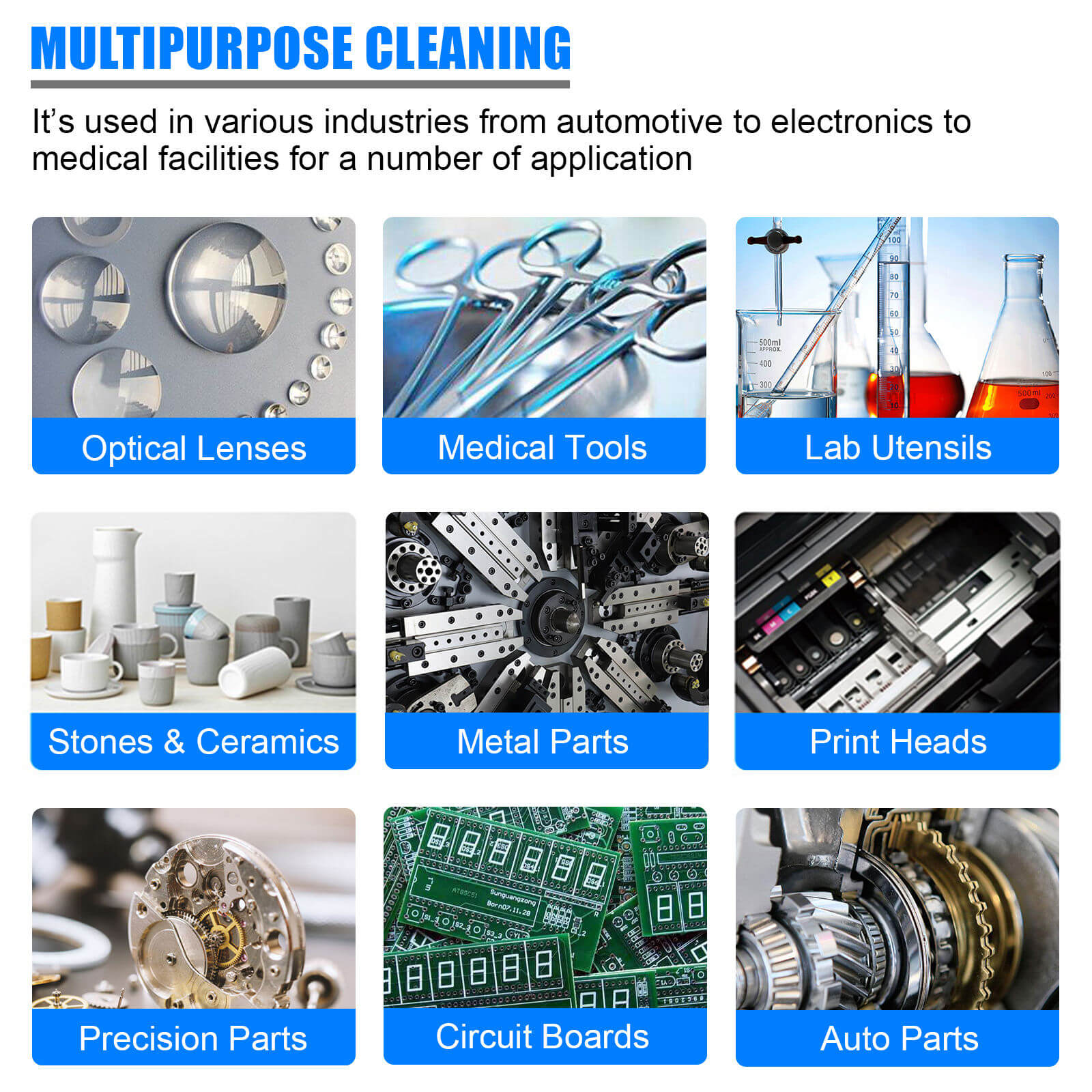
- Stainless steel tanks
- Heat exchanger tubes
- Reactor components
- Pump parts and valves
- Nozzles and spray heads
- Pipes, flanges, and fittings
- Glass instruments used in chemical analysis
- Polymer-coated parts
This machine is especially valuable when cleaning items with complex shapes, small internal channels, or sensitive surfaces that could be damaged by traditional methods.
4. Why Use Ultrasonic Cleaning in the Chemical Industry?
Thorough and Precise Cleaning
Ultrasonic cavitation reaches into fine cracks, blind holes, and narrow passages that brushes or high-pressure sprays cannot clean effectively.
Non-Damaging
The cleaning process is gentle enough for delicate surfaces, making it suitable for repeated cleaning of expensive and precision-engineered parts.
Efficiency
It saves time and reduces manual labor. Entire batches of parts can be cleaned simultaneously with consistent results.
Contamination Prevention
Clean equipment minimizes cross-contamination between chemical processes, which is vital for quality control and compliance in regulated industries.
Environmentally Friendly
Using less chemical detergent and water, ultrasonic systems can also be integrated with filtration or recycling units to reduce waste.
5. Where Is It Commonly Used?
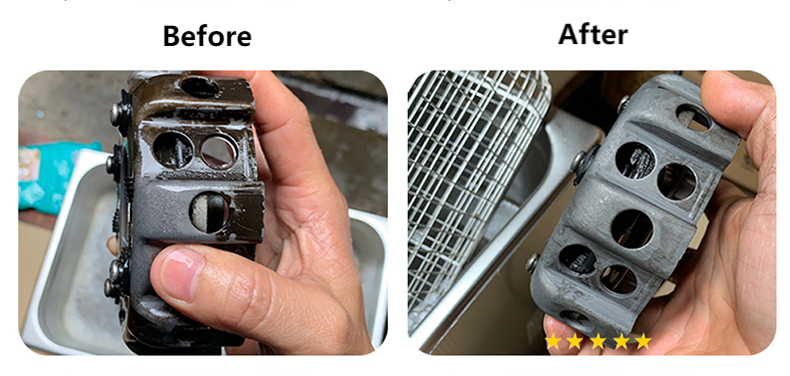
Chemical equipment ultrasonic cleaning machines are widely used in:
-
-
-
-
- Chemical manufacturing plants
- Petrochemical refineries
- Pharmaceutical production facilities
- Laboratories and R&D centers
- Water treatment and pollution control sectors
- Food and beverage chemical processing
-
-
-
They’re also commonly seen in turnaround maintenance, where systems must be deeply cleaned before inspection or modification.
6. How Is It Different from Regular Ultrasonic Cleaners?
While all ultrasonic cleaners use similar technology, chemical equipment ultrasonic cleaners are specially designed for industrial-scale cleaning. They differ from standard lab or medical ultrasonic cleaners in that they:
-
-
-
-
- Have larger capacity tanks (often 20L–500L or more)
- Offer higher ultrasonic power output (hundreds to thousands of watts)
- Are built from chemical-resistant materials, like industrial-grade stainless steel
- Are designed for long-term, heavy-duty use
- May include custom transducer arrays, lift mechanisms, or integrated filtration systems
-
-
-
Final Thoughts
A chemical equipment ultrasonic cleaning machine is an industrial-grade solution for deep cleaning processing components that are difficult or impossible to clean manually. Its precision, efficiency, and non-damaging nature make it a key technology in chemical plants and other industrial environments where contamination control and equipment integrity are non-negotiable.
Granbo is a high-tech enterprise focusing on ultrasound technology research and development, innovation, production, sales and technical services as a whole. With high quality products, advanced technology, and perfect pre-sales, sales and after-sales services, Granbo provides the industry and customers with various modes of business cooperation, such as agency distribution, brand agency, technical services, etc., with a view to mutual benefit and win-win business opportunities, Granbo is looking forward to creating brilliance with you!

